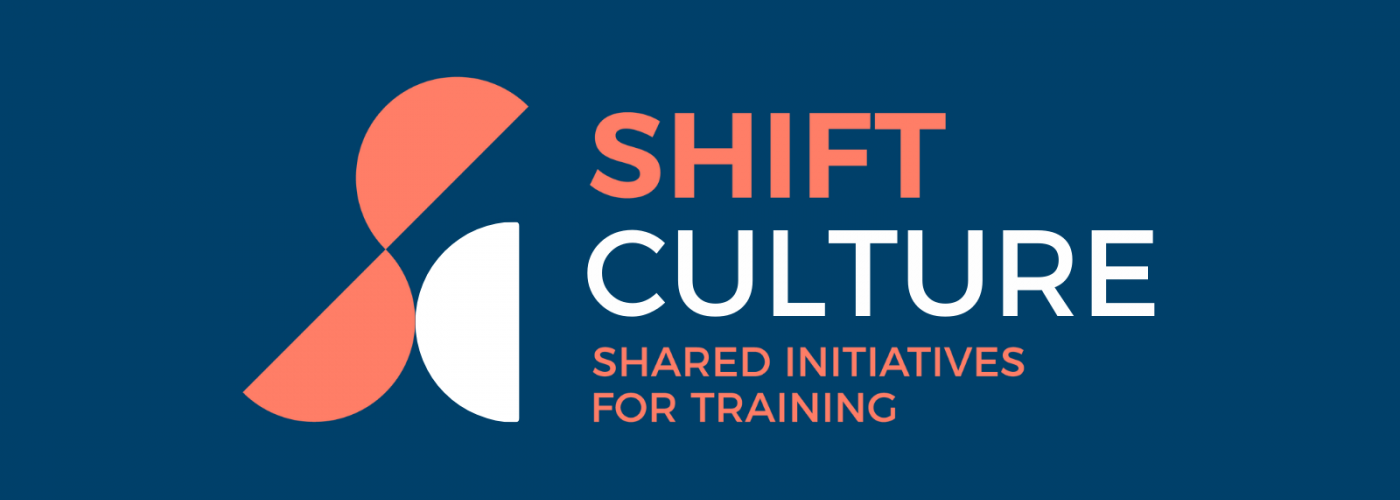The partners will produce online manuals and guidelines during these two next years (December 2019-December 2021) on the following themes:
Cultural Leadership
Cultural leadership is one of today’s buzzwords. Yet there is no common understanding on the concept of Cultural Leadership. Today people agree on a community-oriented approach and therefore a shared leadership, which doesn’t have to be neutral and universal, but is aware of its subjectivity and dependence on group identities and values. The new paradigm developed within the project will give space for a humanistic managerial approach which will benefit the whole cultural sector.
Climate Change
Climate change is now affecting every country on every continent. It is disrupting national economies and affecting lives on a local, national and global level. The SHIFT project will provide capacity building for leaders and staff of cultural networks on how to claim a role in the action required to achieve the climate change goals of the UN SDGs. Claiming that role means embedding environmental sustainability into the way we work and collaborate.
Gender & Power relations
The #METOO movement, and other movements and campaigns, have increased the awareness and empowered employees around the globe to report sexual harassment and other inequalities in the workplace. They have also brought to the surface the vulnerability and a lack of effective protection mechanisms of anyone facing power abuse, regardless of age, class and gender. The project will develop a code of conduct and a toolkit, which will contribute to a lasting impact of this wave of empowerment on professional and societal culture.
Inclusion
While the topic of inclusion in itself is not new, we realised that there are no general guidelines for cultural networks about how an organisation can adapt its work, communication and activities to reach more people in danger of being excluded. The project will produce guidelines, which will be the first document aimed at networks, organisations and institutions active in the field of culture. It will also have a special focus on leaders of these networks and organisations, with the aim of training them and reinforcing their capacity to increase inclusion and accessibility and to reduce inequality in their organisation and activities.
IETM is the lead partner of the strand on Gender and Power relations and contributes to the packages on Climate Change and Inclusion.

